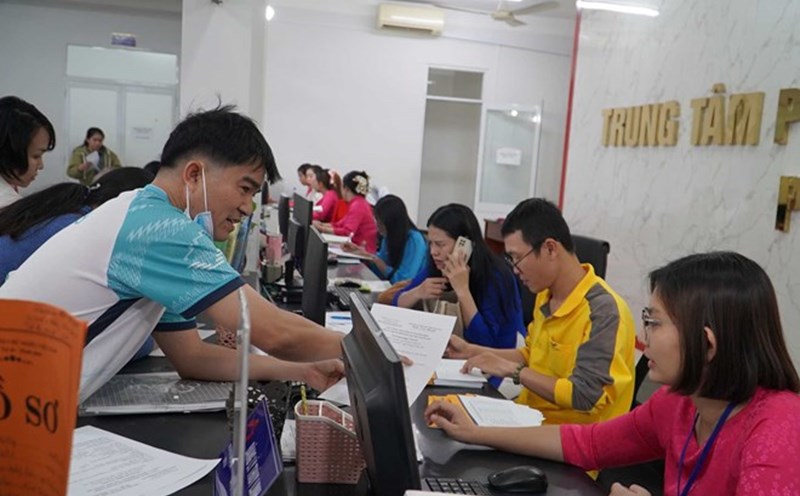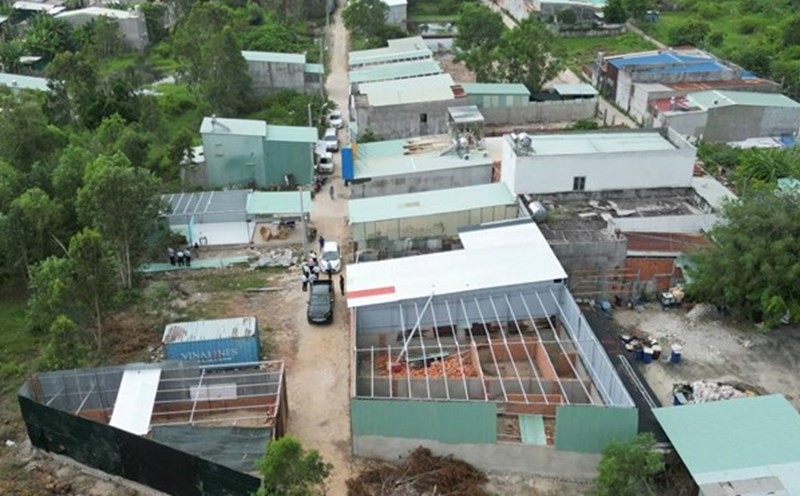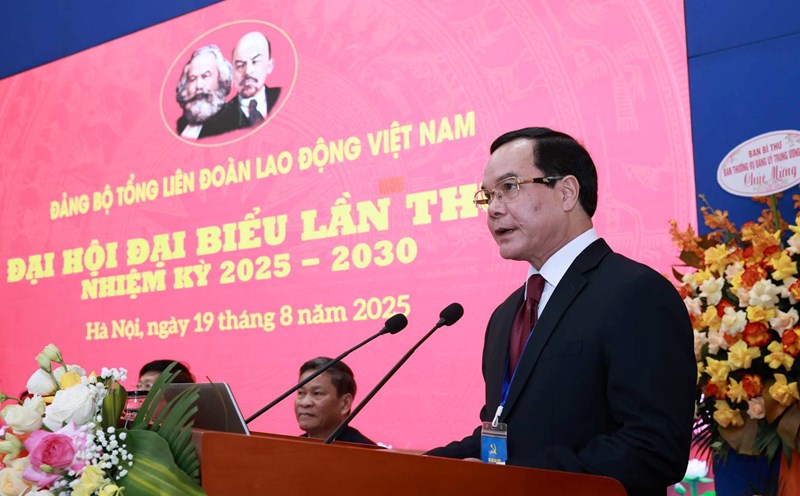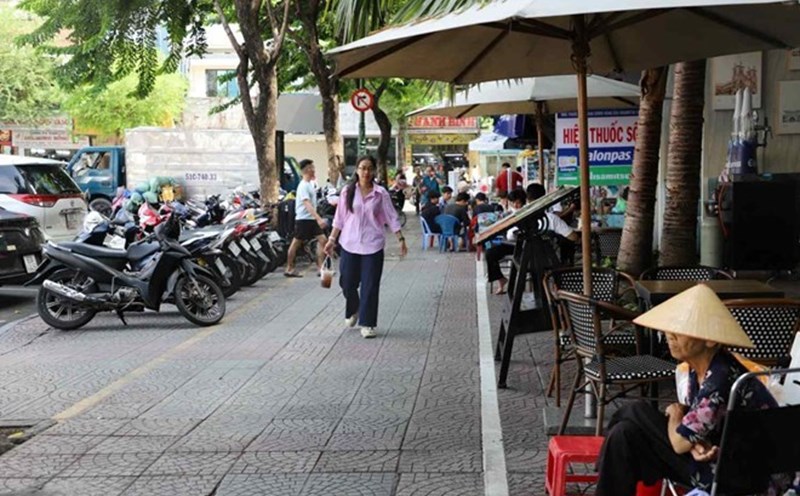The Ho Chi Minh City People's Committee has just reported on the impact of the policy to support loans to solve employment for cadres, civil servants, public employees, part-time workers and workers who quit their jobs after the reorganization of the political apparatus in the city.
According to statistics, after merging with Binh Duong and Ba Ria - Vung Tau, Ho Chi Minh City currently has nearly 16,000 cadres and civil servants continuing to work in communes, wards and special zones, including more than 3,800 people from the Party and mass organizations and more than 12,000 people from the government.
In addition, the non-professional workforce at the commune level has more than 6,500 people.
From May 27, 2025 to August 1, 2025, there have been 3,867 cases of early retirement or resignation, including 447 people from the Party and mass organizations and 3,420 people from the government.
For commune-level cadres and civil servants, the regime policy is implemented according to Decree No. 178/2024/ND-CP and Decree No. 67/2025/ND-CP of the Government.
Part-time workers at the commune level who quit their jobs immediately from the implementation of the 2-level local government model will be supported according to Article 9 of Decree 154/2025/ND-CP.
In addition, to promptly support workers after quitting their jobs, Ho Chi Minh City has developed a resolution on the loan regime to create opportunities for start-ups and stabilize their lives. This Resolution will be submitted to the Ho Chi Minh City People's Council for approval at the upcoming session.
The policy is expected to be implemented through the Social Policy Bank, Ho Chi Minh City branch. Employees can borrow up to 300 million VND, for a term of up to 10 years. The interest rate applied according to regulations for poor households is currently at 6.6%/year.
In particular, in the first 5 years, borrowers will be supported with 100% interest rate from the Ho Chi Minh City budget. After this period, borrowers pay interest as prescribed. The overdue debt interest rate is 130% of the lending interest rate.
The Ho Chi Minh City People's Committee assessed that this policy not only creates conditions for workers to start businesses, create jobs for themselves, stabilize their income and life, but also contributes to reducing unemployment pressure, limiting dependence on the social security system.
Having access to preferential capital will encourage many people to boldly invest and develop small-scale production and business models, thereby promoting household and local economies.
At the same time, the policy also has a humanitarian meaning when helping workers reduce the anxiety and disorientation after leaving their positions, creating consensus and support for the policy of streamlining the apparatus.
However, the Ho Chi Minh City People's Committee also frankly acknowledged the potential risks. Many borrowers may lack experience in managing and using capital for the wrong purpose, leading to low efficiency and bad debt.
The psychology of relying on policies or lacking clear career orientation is also a challenge, making it difficult for some cases to maintain stable jobs.
In addition, if the coordination between departments, branches and localities is not tight, it will cause difficulties in supervision, monitoring and support after disbursement, reducing the substantial effectiveness of the policy.
According to the Ho Chi Minh City People's Committee, the issuance of this resolution to support loans does not only stop at immediate solutions but also aims for a humane and sustainable policy.
If implemented synchronously, the resolution will contribute significantly to ensuring the lives of cadres, civil servants and workers after retirement, while creating a foundation for the process of streamlining the political apparatus along with improving the quality of human resources in the City.











